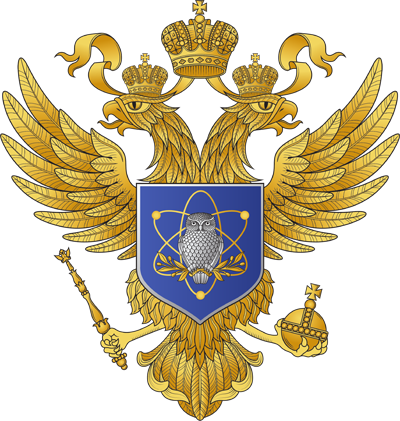Promising compounds with high antitumor activity were obtained at the Zelinsky Institute
Cancer is without a doubt one of the major diseases of people all over the world. The incidence of cancer is increasing every year for a number of reasons, including unsatisfactory environmental conditions due to the high content of carcinogens and the low effectiveness of existing methods of treatment. The main disadvantage of currently used antitumor drugs is their non-specific toxicity, which leads to a narrow therapeutic window and, as a result, to the development of drug resistance in cancer cells. In recent decades, steroid structures have been actively studied as promising anticancer agents, some of which have managed to enter clinical practice. From the point of view of bypassing drug resistance, the creation of hybrid molecules capable of simultaneously interacting with two or more cancer target cells seems quite interesting.
In a joint study by scientists from the Laboratory for the Study of Homolytic Reactions and the Laboratory for the Chemistry of Steroid Compounds of the ZIOC, method for obtaining new hybrid structures containing secosteroid and quinoline fragments was developed. Together with colleagues from the N.N. Blokhin National Medical Research Center of Oncology, the resulting structures were tested for antiproliferative activity against estrogen-dependent human breast cancer cells MCF-7. Most of the synthesized compounds showed cytotoxicity and selectivity that exceeded those of the drug cisplatin used in clinical practice. The leader structure outperformed cisplatin by 7 times. It should also be noted that the cytotoxic effect also persisted on multiresistant cell lines. Thus, the obtained compounds can be considered as candidates for the development of future anticancer drugs, in particular, for the treatment of aggressive tumors with multidrug resistance.
Source:
Alexey I. Ilovaisky, Alexander M. Scherbakov, Valentina M. Merkulova, Elena I. Chernoburova, Marina A. Shchetinina, Olga E. Andreeva, Diana I. Salnikova, Igor V. Zavarzin, Alexander O. Terent’ev Secosteroid–quinoline hybrids as new anticancer agents // J. Steroid Biochem. Mol. Biol., 2023, 228, 106245. DOI: 10.1016/j.jsbmb.2022.106245.


